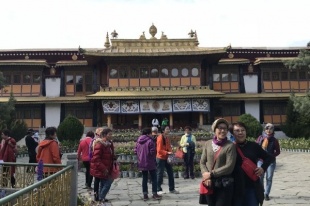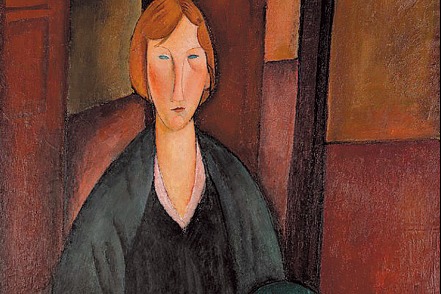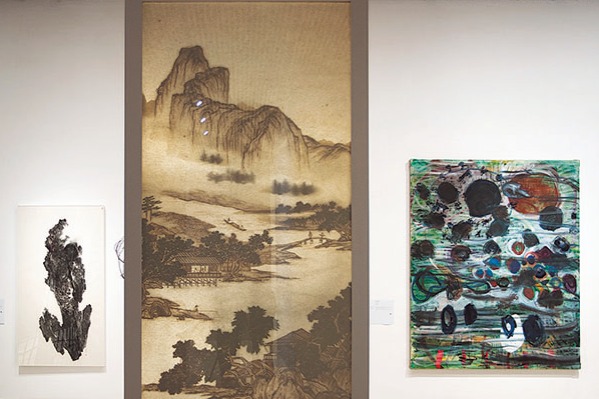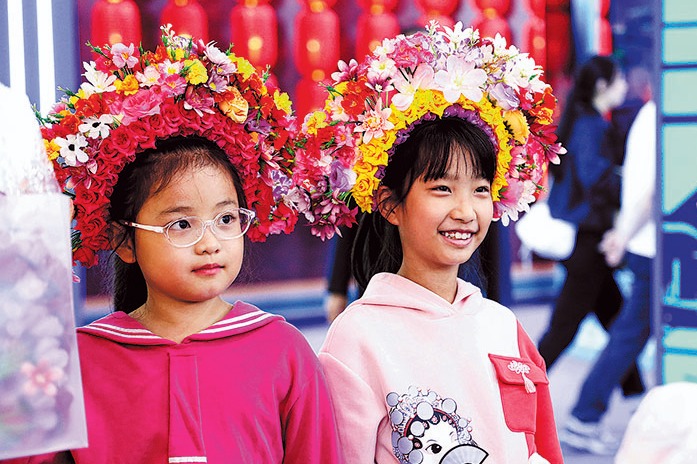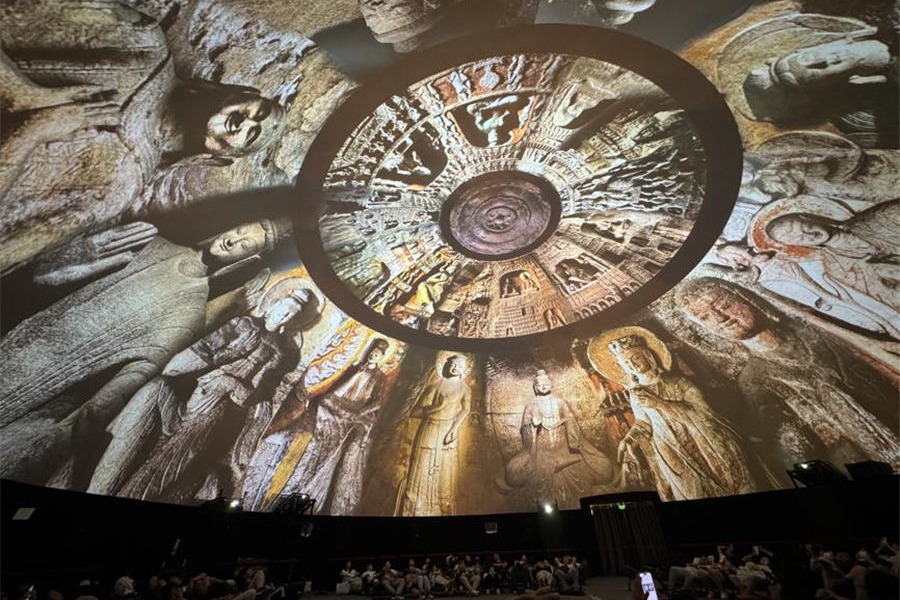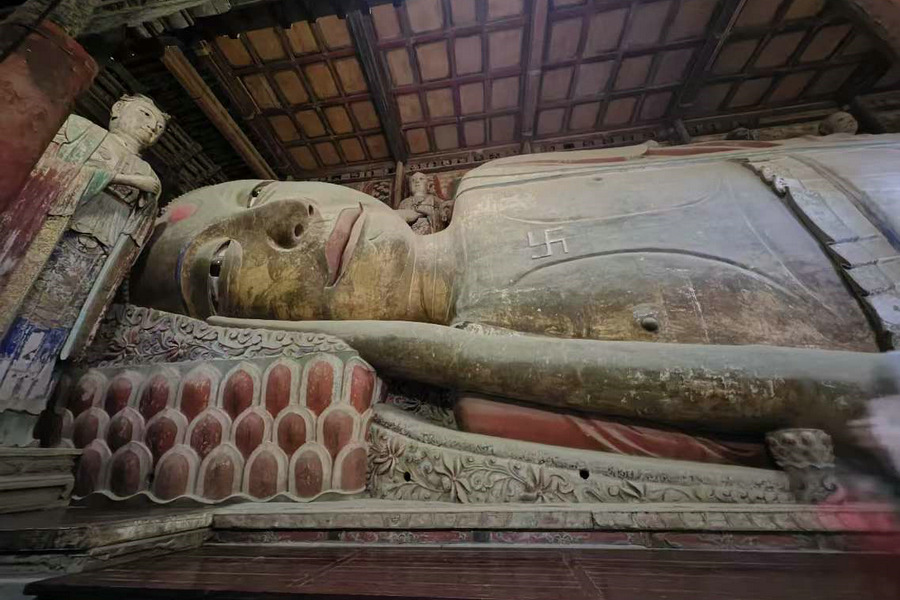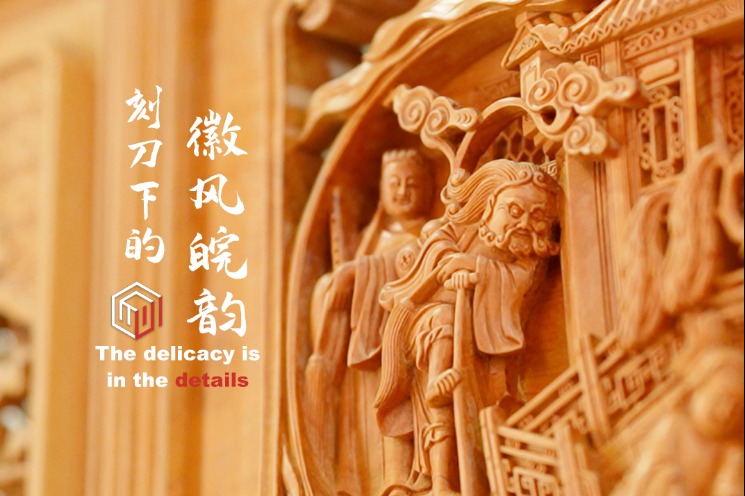Tibet's heritage site Norbulingka undergoes new restoration


The Norbulingka, a world heritage site in Southwest China's Tibet autonomous region, is undergoing restoration.
The country has earmarked 38.68 million yuan (about $5.9 million) to gild more than 855 square meters of golden roofs, renovate over 10,000 square meters of traditional Tibetan waterproof roofs, and repair affiliated cultural relics.
Built in the mid-18th century, the Norbulingka was added to the UNESCO World Heritage List in 2001 as part of the historic ensemble of the Potala Palace in Lhasa.
Ngawang Lodro, 75, was invited as a technical instructor and supervisor for the renovation project in the Norbulingka, meaning "treasure garden" in the Tibetan language.
He is no stranger to the park, and he is something of an ancient architecture protection expert after serving in the park as a florist and a carpenter for decades.
The previous major renovation was in 2002. After years of exposure to the elements, parts of gold-plated roofs and some cultural relics were oxidized and blackened, and some wooden components were damaged, he said.
"We will strictly follow the principle of minimum intervention and zero change to the original conditions of cultural relics, and the whole project will mainly adopt traditional renovating techniques," said Ngawang Lodro.
Moreover, a supervising team of nearly 30 people was set up to ensure the quality of the work, he added.
To repair a traditional waterproof roof, dozens of people stand in lines singing and dancing on the roof in the same rhythm, each with a ramming tool in hand pounding on the "aga clay," a material commonly used in Tibetan construction made of crushed stones, dirt and water.
This ancient roof-making technique is now on Tibet's list of regional-level intangible cultural heritage.
Ngawang Gyatso, an experienced worker from the city of Shannan, said he also participated in the renovation of the roofs of several other ancient buildings in Tibet.
"I'm honored and happy to serve the Norbulingka this time, because we have not only contributed to the protection of our cultural heritage but also raised the incomes of our families," he said.
Tsenor, in charge of the gilding, said throughout the project, they will follow the traditional gilding technique to ensure lasting gilding effects.
"The whole process, including the grinding of gold foil and the mixing of mercury with gold powder, has to be done by seasoned craftsmen by hand," said Tsenor.
The renovation team also has to make every cent count to ensure there is a sufficient supply of gold for the gilding, given the fluctuations in the price of gold.
Gilding each square meter needs about 75 grams of gold. The whole gilding process will need more than 50 kg of the precious metal, Tsenor said.
Ngawang Lodro said to save money, the team has taken its total gold demand and fluctuating gold prices into account and only makes purchases when gold prices are relatively low.
To better protect the cultural heritage, the Chinese government has earmarked a large amount of special funds for the maintenance and repair of Norbulingka over the past 70 years since the peaceful liberation of Tibet.
This year, the plateau region will celebrate its 70th anniversary of peaceful liberation.
Over the past decades, the country has spent more than 100 million yuan in three major renovations, the mural restoration last year and the ongoing golden roof renovation, said Penpa Droma, head of the cultural relics section at the Norbulingka management office.
"The huge spending clearly shows the central authorities' concern for and emphasis on Tibetan cultural protection and inheritance," Penpa Droma added.
"As planned, we will strive to present the world a more dazzling Norbulingka within this year after this high-quality renovation," she said.


